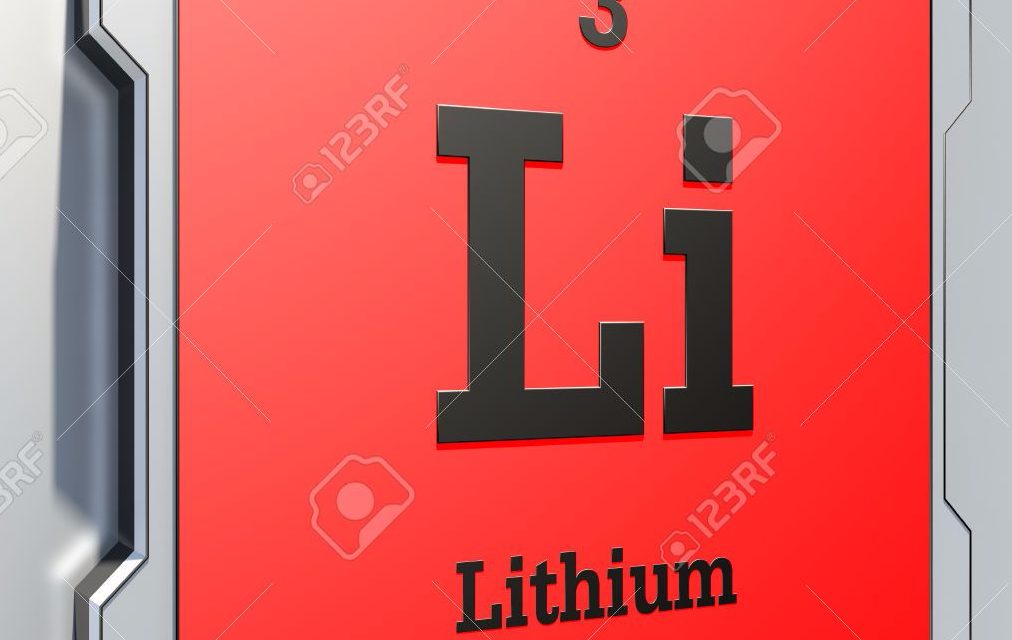In 2014, the National Institute of Health deemed lithium (Li) to be of medical assistance in the treatment of traumatic brain injury. However, the NIH determination came only from the promising results of a preclinical study. Now, Rutgers University has released the findings of a three year study, funded by the New Jersey Commission of Brain Injury Research, that corroborates the NIH’s findings.
Commonly used to treat bipolar disorder, “Rutgers researchers discovered that lithium, as well as rapamycin (an immunosuppressant used to treat cancer), protects healthy brain cells from a toxic buildup of a chemical.” Specifically, this study identified the massive buildup of glutamate. Glutamate is a chemical in the body that, in healthy doses, promotes learning and memory. However, in the high doses that can result from the body’s innate response to brain injury, it can be toxic to the cells.
The current results apply to recovery only from concussion. However, given the positive results thus far, further studies are likely to be in the works.

